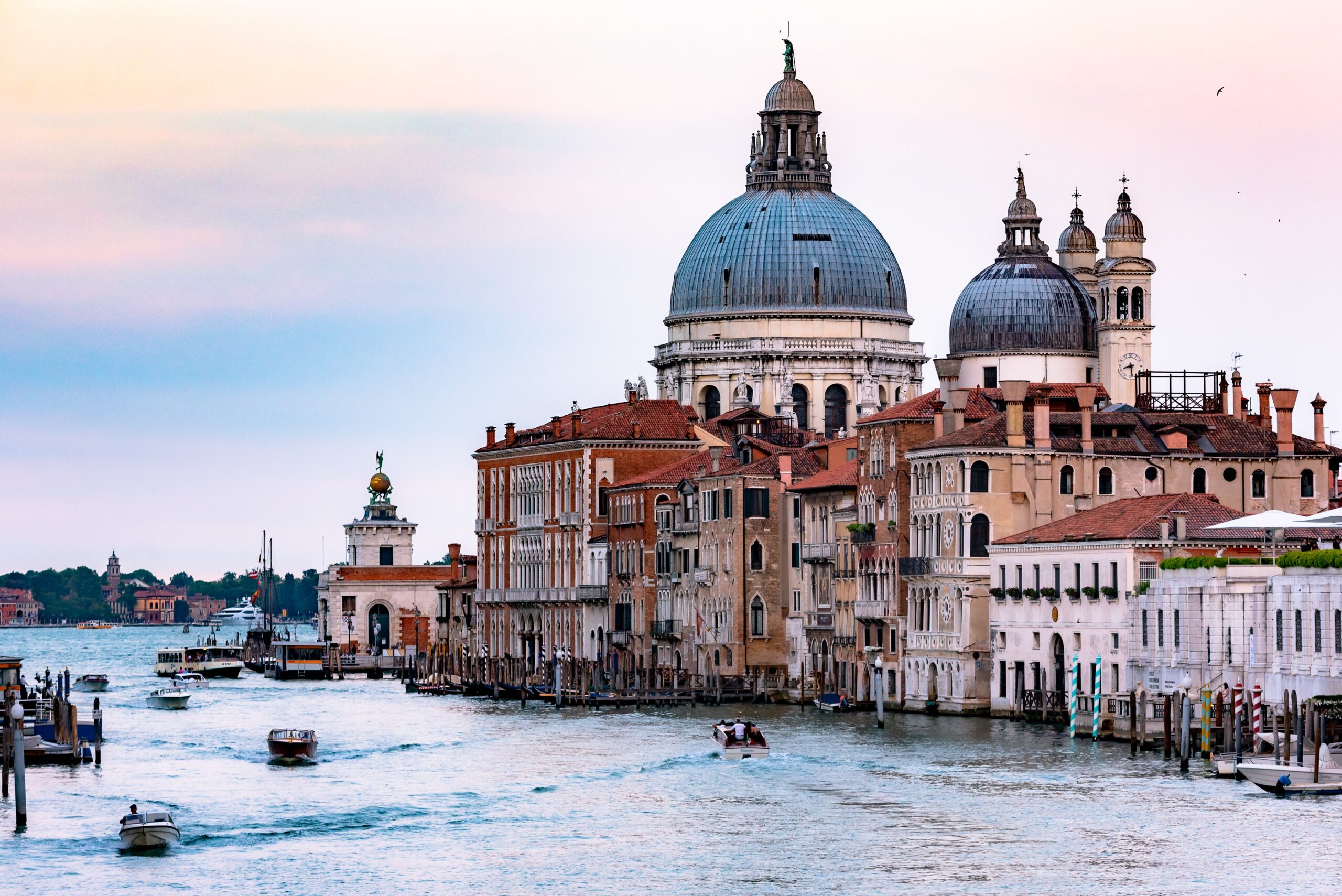
Study In Italy
Studying in Italy can be a rewarding experience, but it’s important to understand the admission requirements, visa processes, and other essential details.
Admission Requirements
- Choose a Program: Select a university and the specific program you wish to pursue. Ensure it matches your academic and career goals.
- Language Proficiency: Most Italian universities offer programs in Italian or English. You may need to provide language proficiency test scores (e.g., IELTS, TOEFL) for English-taught programs. If studying in Italian, you may need to demonstrate Italian language proficiency through exams like the CILS or CELI.
- Academic Credentials: Submit your academic transcripts, diplomas, and certificates. You may need to provide equivalency evaluations for foreign credentials through organizations like CIMEA or NARIC.
- Statement of Purpose: Write a compelling statement outlining your academic and career objectives, reasons for choosing Italy, and how the program aligns with your goals.
- Letters of Recommendation: Provide letters of recommendation from professors or employers attesting to your academic or professional capabilities.
- Entrance Exams: Some programs or universities may require entrance exams or portfolio submissions, especially in fields like art, design, or architecture.
- CV/Resume: Prepare a CV or resume detailing your educational background and work experience.
- Interviews: Some programs may conduct interviews as part of the admission process.
Visa Processes
- Choose the Right Visa Type: Determine the appropriate visa type for your purpose of stay. For study purposes, this is typically a “Study Visa” (Type D).
- Admission Letter: You’ll need an official acceptance letter from your chosen Italian university.
- Financial Proof: Provide evidence of sufficient financial resources to cover your tuition fees, living expenses, and repatriation. This may require a declaration of value (Dichiarazione di Valore) or a certificate of prepaid accommodation.
- Health Insurance: Purchase health insurance that covers your entire stay in Italy.
- Visa Application: Submit your visa application to the Italian embassy or consulate in your home country. Make sure to include all necessary documents, such as your passport, passport-sized photos, visa application form, and the receipt for the visa fee.
- Biometric Data: Attend an appointment for biometric data collection, if required.
- Visa Processing Time: Wait for your visa to be processed. This can take several weeks, so apply well in advance.
- Arrival and Residence Permit: Upon arrival in Italy, apply for a residence permit at the local police headquarters (Questura) within 8 working days.
Other Details
- Cost of Living: Italy’s cost of living varies by city, with Rome, Milan, and Florence being more expensive than smaller towns. Estimate expenses for accommodation, food, transportation, and personal needs.
- Healthcare: International students often have access to Italy’s public healthcare system, but additional private health insurance is advisable.
- Work Opportunities: While studying, you can work part-time in Italy. Check specific regulations as they can vary depending on your nationality and program.
- Scholarships: Italy offers various scholarships for international students. Research scholarship opportunities through the Italian government, universities, and external organizations.



